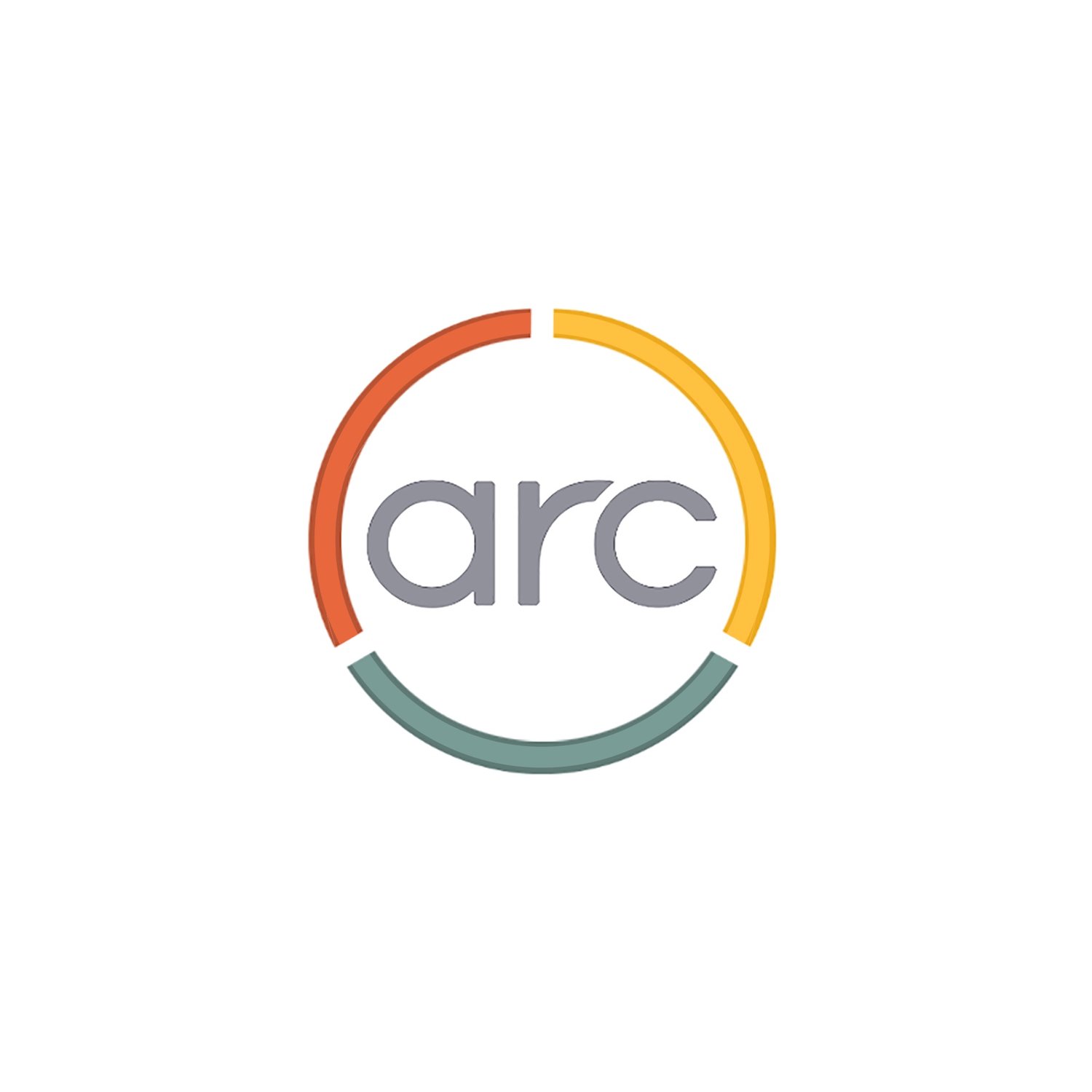Theopoetics Working Group
Each year at the annual meetings of the American Academy of Religion, ARC gathers people together around another theopoetics-related theme, facilitating a panel discussion, providing a venue for presentation, and encouraging dialogue. All are welcome to attend. Many of the presentations given at working group meetings have ended up in issues of THEOPOETICS.
Intent and Theme
Each year there is a recurring intention to explore the mutual influence and effect of religious reflection with imagination, aesthetics, embodiment, and the arts. The working group meets to address the impact of employing embodied, non-propositional poetics in the exploration of theological practice and scholarship. Additionally however, each year there is a particular thematic focus to guide proposals and presentations.
Proposal Process
In the early-to-mid summer there is an open call for proposals for a theopoetics working group meeting during the following year’s meetings of the American Academy of Religion. In keeping with the oft times non-standard perspective of theopoetic thought, both the selection process and the meeting itself with be in formats notably different from traditional academic conference engagement.
Presentations
Proposals accepted need not be limited to academic theology papers: sociological research, creative non-fiction, films, etc. could all be feasible as well, however all proposals should be A) substantially grounded in an engagement with the role of the poetic in faith and/or religious practice, B) be able to be shared in advance with the panel, and C) be created for considered inclusion in an issue of the journal THEOPOETICS (authors/creators maintain copyright and have an opportunity to revise after the meeting). Panelists and all interested panel attenders will be provided with access to the accepted pieces at least three weeks prior to the event.
Submission and Selection
Proposals should consist of an abstract – no longer than 500 words – detailing the nature and content of your proposed offering. Of particular interest are the field(s)/discipline(s) from which your perspective originates and specific authors/artists/poets/ideas/etc. that you will engage.
Once all proposals are received they will be uniformly formatted without names and made available to everyone who submitted: submitters will themselves be the jury of peers by which proposals will be evaluated. Each person who submits will select the three other proposals that most interest them, and the four proposals generating the most interest among the group will be the panel. The intent here is to allow for a more equitable and egalitarian selection process.
Meeting
We annually meet for two hours, during which time a panel of four individuals is each given 15 minutes to highlight key topics from their papers/projects. At the close of their presentations the panel is opened up to a dialogue format in which panelists and attenders are encouraged to engage in conversation emerging from ideas presented. At the participants’ discretion, the meeting may be recorded for archival, thus making it accessible to those for whom traveling to the conference is not feasible.
Previous Themes
2011
San Francisco | Focus: The impact of employing non-propositional poetics in areas of theological exploration. Does it simply yields “vague language,” and/or does it provide a substantive contribution to discourse pertaining to the Divine?
2012
Chicago | Focus: The ways in which a theopoetic perspective engenders embodiment and a return to the flesh.
2013
Baltimore | Focus: Theopoetics and popular culture as well as the concreteapplication of theopoetic insight in faith-based contexts.
2014
San Diego | Focus: Issues regarding trauma studies and the ways in which an explicit exploration of language and theology can benefit those considering trauma.
2015
Atlanta | Focus: What is the role of the imagination – and imaginaries – within the theological conversation? Is theopoetics primarily about (re)shaping imagination? Is its focus popular? Aimed at only people of faith? Does discourse around theopoetics have anything to offer to theologies and/or philosophies of the imagination? How might theologies and philosophies of imagination add to or thicken understandings of theopoetics?
2016
San Antonio | Focus: What is the role of the faith community in theological conversation? How does theopoetics contribute to innovations in teaching, preaching, spiritual growth, worship, activism, and or pastoral care? Does discourse around theopoetics have anything to offer to faith communities? How might practices and experiences of faith communities add to or thicken understandings of theopoetics?
2017
Boston | Sponsored Panel (No Call for Proposals): Considering the theme “Religion and the Most Vulnerable,” this session questions how institutionalized forms of religion, politics, and economics create and reify categories of vulnerability. The precarious place of the vulnerable in our society has been threatened by the recent, visible emergence of right-wing propaganda and radicalization of religious rhetoric. In response, we investigate the social imaginary by integrating the resources of radical theology and radical politics. Such radical thinking offsets the normalizing tendencies that preserve a status quo that marginalizes the vulnerable by offering a diagnostic that draws on the resources of radical thinking. This panel will engage conversationally around the following focal points elicited conversationally through questions and answers:
- Depicting the cause: Politics and Economics
- Defining the depth: Radical Theology and Radical Politics
- Demanding our Attention: Radical Theology and The People
- Delimiting the Possible: Theopoetics as Radical Response
- Determining the Value: Property as Test Case

